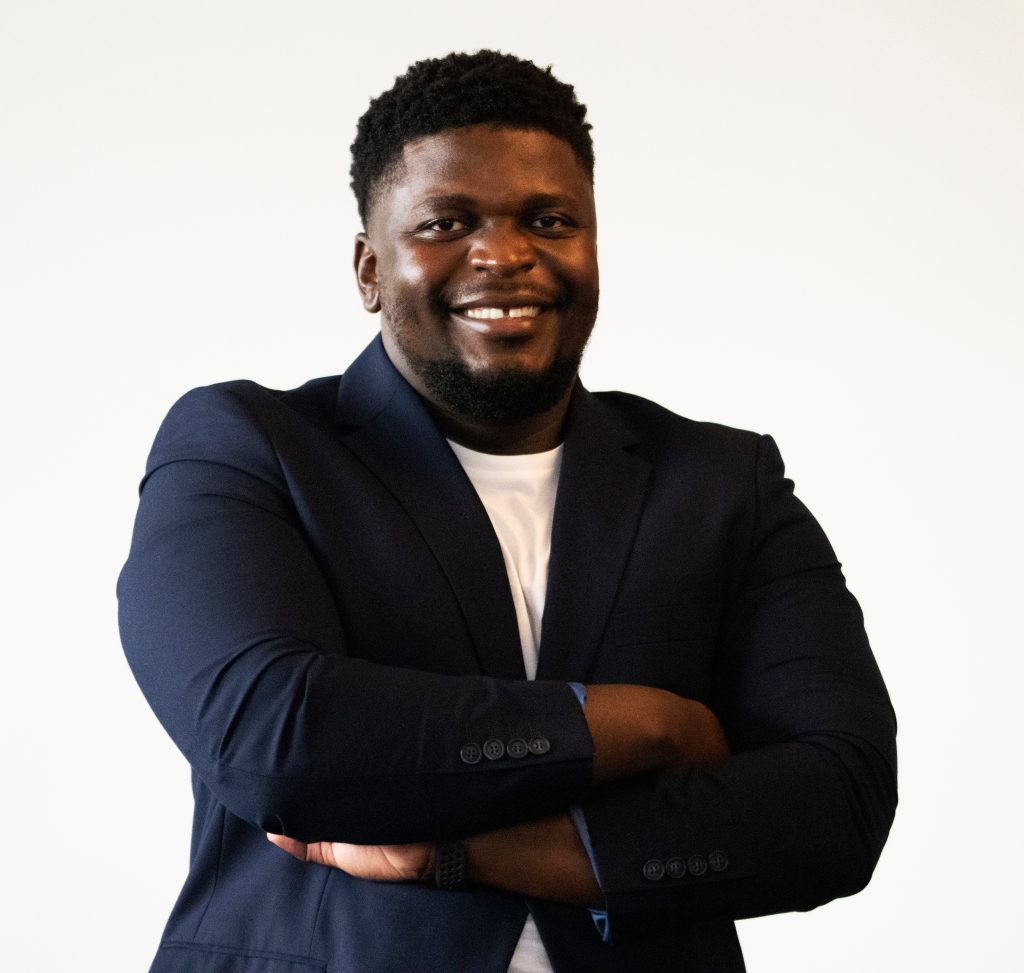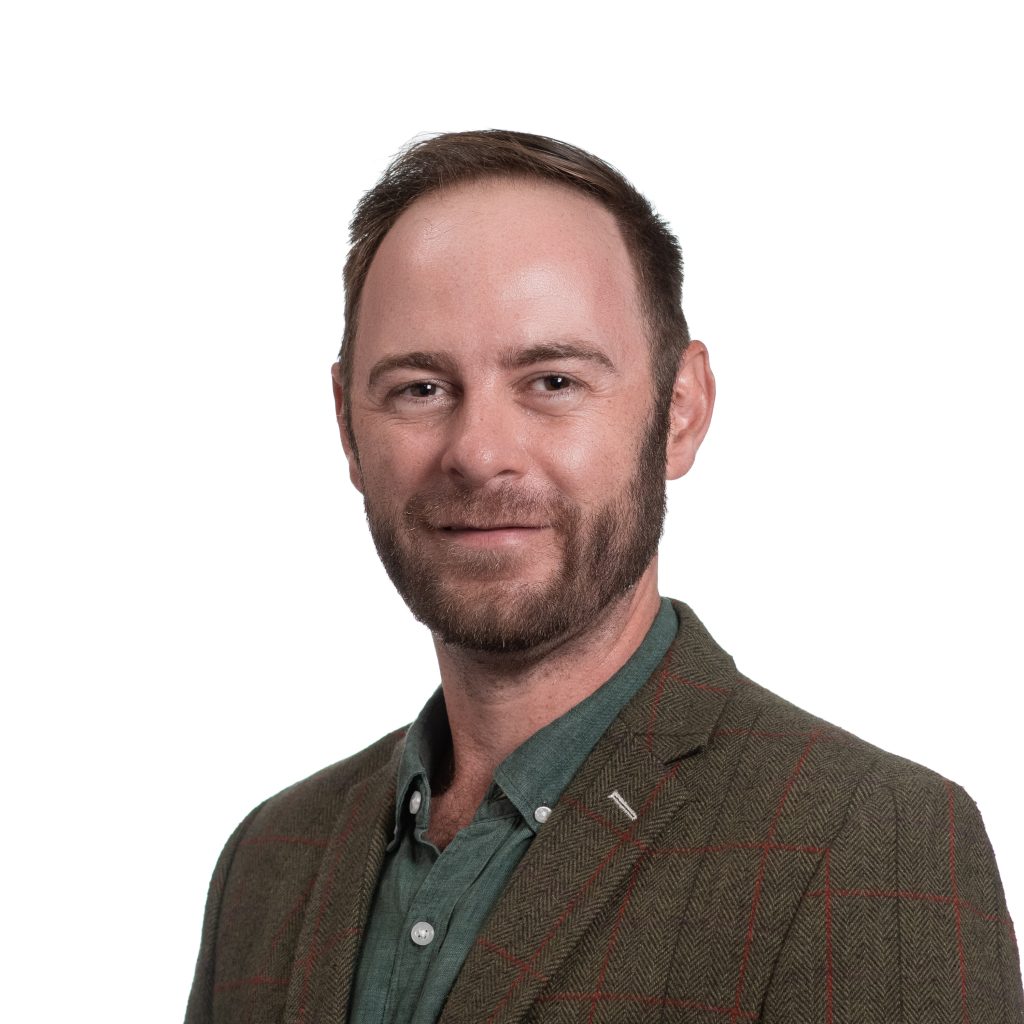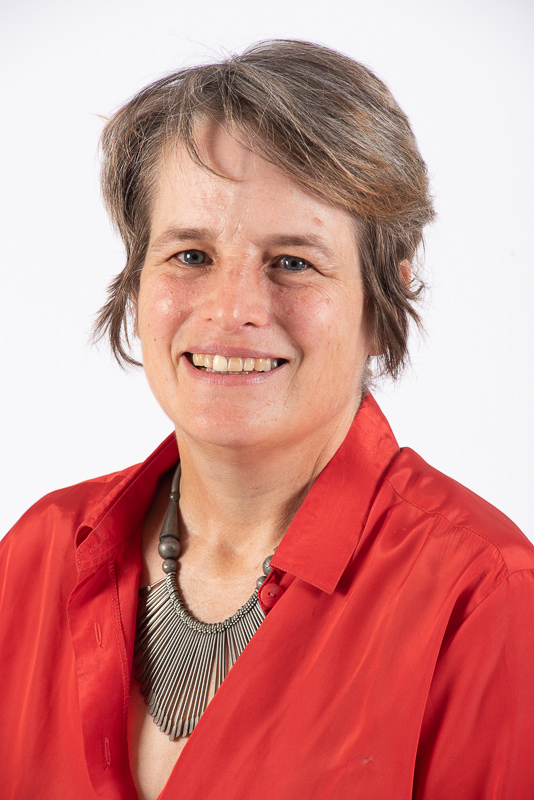Daily programme
You can find the latest programme here. (This version was uploaded 30 November 2023 09:11.)
Book of abstracts
You can find the latest book of abstracts here. (This version was uploaded 30 November 2023 09:11.)
Invited speakers
Karabo Maiyane: Responsible AI in digital humanities practices
Digital Humanities, as a field of study and research but also a professional field, has seen immense growth over the four-plus decades. The use of computational methods such as imaging and databases to collect, preserve and distribute data has led to immense accessibility to data. Through the development of digital archives and databases, for example, people from everywhere are able to access information in real time. Databases even assist one in accessing curated information, filtered based on a subject matter. With the advances in machine learning (ML), data science and artificial intelligence, it is anticipated that developments and capacities in the field will go beyond just capturing, persevering and distributing data. These new developments promise to provide capabilities that will be able to manipulate, reformulate, and even recreate data beyond human comprehension or desire. As we speak, programmes such as Deepfake can create video speeches of people based on available images, voice and clips online; some applications compose music and generative AI that can write ‘academic’ papers. These technological advances have introduced new ways to make things happen, and these new capabilities will surely disrupt the field as we know it. With these new capabilities come newly imagined ethical challenges. Ethical challenges associated with AI, Big Data and ML include bias, opacity, manipulation, and privacy, to name a few. In this talk, I wish to highlight these ethical challenges, not to scare us off but with the hopes that we can develop a framework for the responsible use of ICT-mediated technologies.

Karabo Maiyane is a lecturer in Philosophy at Nelson Mandela University. His teaching expertise includes moral and political philosophy, history of philosophy and African philosophy. He is a doctoral candidate at the University of Pretoria. His research focus is on the ethics of artificial intelligence. He is interested in the impact of human dignity by AI technologies in the context of the Just War Theory. His other interests are human and AI ethics of care as well as African ethics in general. He has two forthcoming book chapters on Autonomous Weapons and warfare in Africa and the impact of eldercare robotics on human dignity.
Rory du Plessis: A unit of data or a human subject? The inclusion of marginalised voices and humanising stories from digital archives
Our “archive fever” has given rise to the creation of digitised archives of non-public records, including prison and medical case files. In the United Kingdom, the Wellcome Collection has digitised the medical case files for several nineteenth-century lunatic asylums (psychiatric hospitals). The case files are available for online viewing and allows a global audience to scrutinise scandalous stories of suffering, as well as to gawk at sensational photographs of patients in the throes of mental anguish. The Wellcome’s digitised content has a Creative Commons (CC BY 4.0) licence that allows users to share or adapt the material “for any purpose”. To this end, the suffering of others, their misery and melancholy, as well as their secrets and stories are freely at our disposal for our own gain. The material can be used for many “purposes”. For example, the public may peer upon the private lives of others to satisfy morbid curiosities or ‘peeping Tom’ motives, the media may look upon the images as source material for the opening sequence of a horror film, and politicians may disseminate the material as propaganda for right-wing interests. For academics, the material has been mined for big data. Scholars in digital humanities have successfully and commendably used the digitised archives to explore nutrition and health, mortality rates, as well as the prevalence of illnesses and the efficacy of various treatments. In this paper, I call for scholars who work with digital archives to move beyond the analysis of big data, to include the analysis of individual lives. Armed with the methodologies from the arts and humanities, we are equipped to see the person and not a unit of data. We can explore their records to present a respectful and affirmative telling of their life stories. Potentially, such a telling may restore their humanity.

Dr Rory du Plessis is a Senior Lecturer in Visual Culture Studies at the School of the Arts, University of Pretoria. He is the co-editor of the academic journal, Image & Text, and author of Pathways of Patients at the Grahamstown Lunatic Asylum, 1890 to 1907 (Pretoria: PULP, 2020). He has pioneered the investigation of photographic records from South African psychiatric facilities as a resource to humanise the subjects who were institutionalised in the late nineteenth and early twentieth centuries.
Alette Schoon: Foregrounding the human in the time of AI: What do we mean by inclusive digital humanities?
This keynote considers the different ways in which we could conceptualize inclusivity within the digital humanities. Digital humanities has always been an interdisciplinary field, inclusive of many different disciplines for exploring language, culture and human spaces through computational means. However, inclusivity needs to be conceptualized as an issue of knowledge as it relates to power, authorship and representation. Since the 2010s there has been a concerted effort to critique the Anglocentric nature of the field and to acknowledge intersectional power imbalances of representation and positionality based on race, gender, class and disability. Challenges to dualistic notions of the digital divide have informed more nuanced notions of the “less connected” and a focus on materiality and infrastructure in understanding digital cultures in the Global South. More recently there has been an acknowledgement of global imbalances of power based in the history of colonialism. A truly inclusive digital humanities approach would therefore mean foregrounding marginalized people and their knowledge systems, approaches we are starting to see in the multilingual knowledge production in the digital humanities in South Africa and elsewhere on the continent. Meanwhile, with the rise of ubiquitous big data systems and artificial intelligence systems trained on northern data and designed for northern infrastructure systems, we are facing further challenges of a new world of digital marginalization. However, arguably the greatest threat is that we are facing new extractive colonial relations as it becomes easier to create knowledge about our countries remotely through big data and artificial intelligence. Remote mapping of our resources, remote analysis of our economies and remote interaction with our publics all create the potential for extractive colonial relationships. As digital humanities scholars situated in the Global South, the Majority World, we need to interrogate assumptions about digital data gathering, digital analysis and the digital distribution of such knowledge. We need to explore how we can create truly inclusive, situated knowledge to understand the world through southern eyes without simply providing data for platforms and AI systems based in the global north to use for extractive purposes. We need to therefore seek out theory from the South to inform the kind of questions we ask and the kind of analysis we do in the digital humanities. This paper relates some of my own work on digital cultures among marginalised South Africans with concepts emerging from the work of Indian scholars Ravi Sundaram and Ranjit Sing, related to notions of “pirate modernity” and “data stories” for a majority world.

Alette Schoon is a senior lecturer in the School of Journalism and Media Studies at Rhodes University. She is the convener of the DigiMethods Africa events, which offer training and discussions around digital media methods for Media Studies researchers on the continent. She recently co-edited a journal edition on African digital media research methods. Alette has published extensively on mobile communications, social media and youth media practices in South Africa. She was part of a research team doing a national study on the “less connected” for the global organisation Making All Voices Count. Alette is a firm believer in interdisciplinary work and has been collaborating on various Science Communication projects. Alette is currently collaborating on a study on youth digital cultures as part of a Mellon funded project on Digitality and Sociality. She has a PhD from UCT that examines the digital culture of marginalized township-based hip hop artists in Makhanda. Alette teaches documentary filmmaking and still actively produces films, most recently a film on the early Black intellectuals of the Eastern Cape and their legacy.